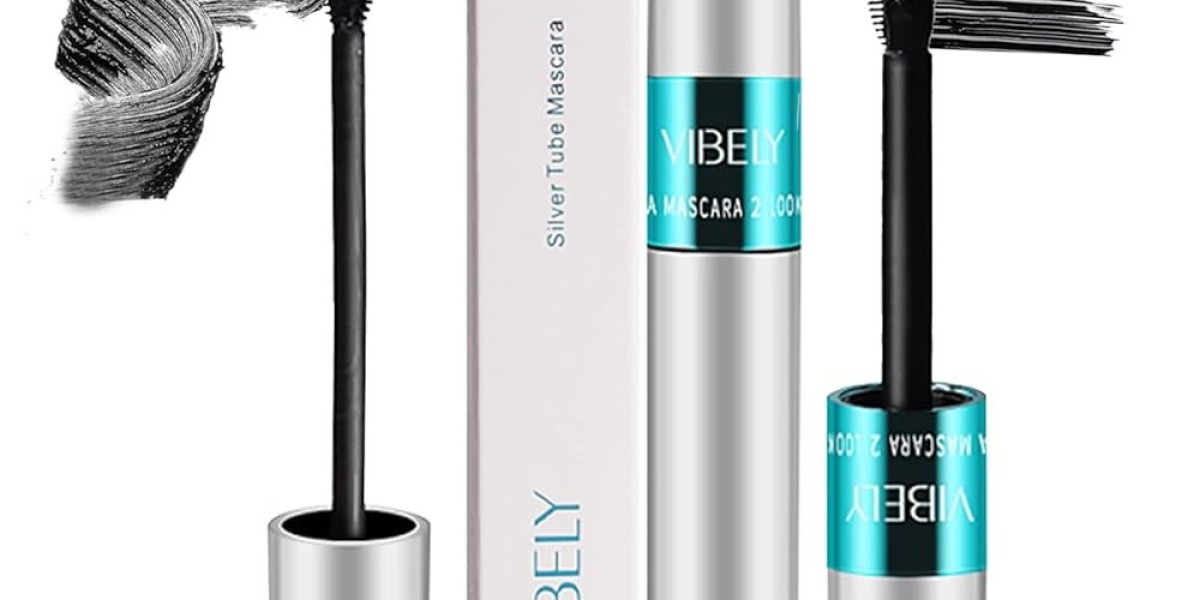Service Charges and Maintenance Fees
One of the most common hidden costs tenants face is service charges. In luxury residences, these fees cover the upkeep of shared spaces such as lobbies, gyms, swimming pools, and landscaped gardens. While some landlords include these charges in the rental price, others bill them separately. Tenants should ask in advance whether service fees are included, as they can add up significantly over the course of a year.
Utility Bills Beyond Rent
Luxury apartments are designed with modern comfort in mind, often featuring central air conditioning, high-speed elevators, and advanced lighting systems. These features, while convenient, result in higher utility bills. Air conditioning in Qatar’s climate is used almost year-round, making electricity costs one of the largest hidden expenses. Water and internet packages are also rarely included in rental agreements, so tenants should account for these when estimating total monthly outlays.
Parking and Storage Costs
Not all luxury properties automatically include parking spaces or storage areas. Tenants may need to rent additional spaces, especially in areas like The Pearl or West Bay where parking is limited. Charges for underground parking slots or storage rooms can add unexpected monthly costs to a lease agreement.
Furnishing and Appliance Costs
Some luxury apartments in Qatar are fully furnished, but others are offered as semi-furnished or unfurnished. Tenants moving into semi-furnished apartments may need to purchase or rent appliances and furniture. Even when apartments are furnished, quality or design may not meet personal standards, leading to extra spending on replacements. This expense often surprises tenants who assume luxury automatically means fully equipped.
Security Deposits and Refund Deductions
Most landlords in Qatar require a refundable security deposit, usually equal to one month’s rent. While this deposit seems straightforward, disputes often arise at the end of tenancy. Costs for repainting, minor damages, or cleaning may be deducted from the deposit, sometimes leaving tenants with far less refunded than expected. Tenants should document the apartment’s condition at move-in to avoid unfair deductions.
Agency and Contract Renewal Fees
Leasing a luxury apartment often involves working through real estate agencies, many of which charge tenants a commission—typically half a month’s rent. In addition, some contracts require tenants to pay renewal or administrative fees when extending the lease. Over long-term stays, these recurring costs can add a noticeable burden.
Amenity Access Fees
Luxury apartments are known for their amenities such as spas, private beaches, sports facilities, and concierge services. However, not all of these amenities are free to use. For example, spa treatments, exclusive lounges, or certain club memberships may require extra payments. Tenants should clarify which amenities are complimentary and which involve additional charges.
Unexpected Maintenance and Repair Costs
While major repairs are typically the landlord’s responsibility, smaller issues can sometimes fall to tenants. Items like light fixtures, plumbing blockages, or appliance maintenance may not always be covered. Over a long stay, these minor repair costs can accumulate, especially in older buildings where wear and tear is common.
Rent Increases During Long-Term Leases
In Qatar, landlords are permitted to increase rent after the initial lease period, depending on market conditions and regulations. Tenants who plan for a multi-year stay may be caught off guard by sudden increases. It’s important to discuss potential rent escalation clauses in advance and understand local tenant rights. For more insights on handling such situations, tenants may find useful guidance in articles like how to handle rent increases: a guide for tenants in Qatar.
Cleaning Services and Upkeep Costs
Luxury properties maintain a certain standard of living, and regular cleaning services are often expected. Some landlords provide housekeeping as part of the package, but in many cases, tenants must hire their own cleaners. In high-end apartments, this can become a recurring hidden cost, particularly if professional services are required several times per month.
Taxes and Municipality Fees
While Qatar does not levy income tax on residents, tenants may still encounter municipal fees attached to certain properties. These charges are usually minor compared to other costs, but they remain an expense that should not be overlooked. Checking the fine print of the contract helps avoid confusion regarding who is responsible for paying these fees—the landlord or the tenant.
Lifestyle-Driven Costs in Luxury Residences
Living in luxury apartments often comes with social expectations. Access to upscale restaurants, high-end retail, and premium entertainment options within or near these complexes can drive up day-to-day spending. Tenants should be realistic about lifestyle costs when evaluating the affordability of a luxury apartment. For example, some communities mirror the conveniences found in modern compounds, which are known for offering premium amenities that increase overall living expenses. More details on this can be seen in amenities that make compound villas stand out.
Relocation and Move-In Expenses
Tenants leasing luxury apartments often underestimate moving costs. Professional movers, installation of internet services, and fees for utility activation can create unexpected expenses during the first month. Additionally, relocating within Qatar to premium areas such as Lusail or The Pearl can be more expensive compared to moves in standard residential districts.
Insurance Costs
Although not always mandatory, many landlords encourage or require tenants to purchase renter’s insurance. This policy protects tenants from losses due to theft, accidents, or damages. Premiums are an added expense but can save money in case of unforeseen incidents.
Final Thoughts
Leasing luxury apartments for rent in Qatar provides an attractive lifestyle filled with comfort, convenience, and exclusivity. However, tenants should not only consider the monthly rent but also prepare for hidden costs such as utilities, service charges, maintenance, and lifestyle-driven expenses. By carefully reviewing contracts, asking the right questions, and budgeting realistically, tenants can avoid financial surprises and enjoy their stay with peace of mind.
For tenants seeking high-end living options, it’s worth exploring available Apartments for Rent in Qatar with a clear understanding of the full financial picture. Awareness of hidden costs ensures that long-term stays in Qatar’s luxury residences remain both comfortable and financially sustainable.








